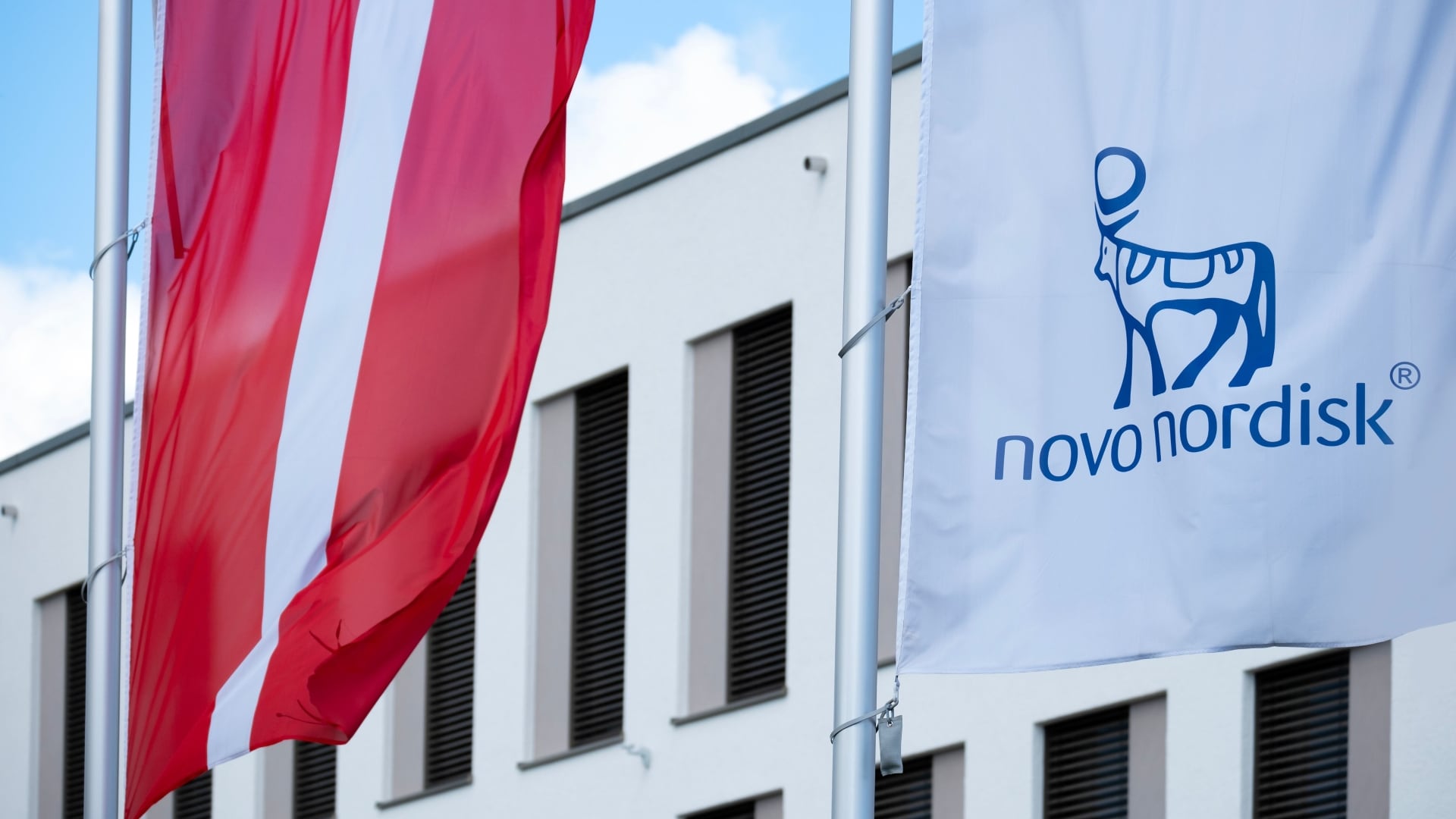The Minnesota Timberwolves are fueling up for this basketball season with a tech twist. The team has been using data to diet better than its competitors.
In the run-up to the season, the Timberwolves have been using a program that embraces technology to customize each player's nutritional needs. A partnership with food distributor KZ Provisioning, the Mayo Clinic, and celebrity chefs have helped the team figure out what exactly each individual player needs to hit max performance on the court.
"We've got to create a competitive advantage," says Gersson Rosas, Timberwolves President of Basketball Operations.
Data gathered via surveys, testing, and tracking will help experts generate data on "distance run, shots, heart rate, jumps, hydration levels, speed, sleep, recovery, and personalized sensitivities to over 200 foods," according to the team.
"It's really about individualized care," says Dr. Robby Sikka, vice president of basketball performance and technologies. "Every player's body is different. They respond to load differently, they respond to nutrition differently, they respond to sleep differently."
The hand-selected menus will cater to a players' nutritional habits and necessary portion size. Players won't be able to cheat eat during away games — nutritionists are looking into restaurants in cities around the country for athletes to maintain their diets on the road.
"We have to be able to provide them with the fuel that will help them jump higher, run faster," Sikka added.
Beyond just max nutrition, the food has to taste good, so the team is also working with James Beard Award-winning chefs Gavin Kaysen and Andrew Zimmern to create the custom diets. Kaysen owns multiple high-end restaurants in Minneapolis, and Zimmern is best known for his 'Bizarre Foods' TV show.
"This is about empowerment to our players. We want them to know what to eat," said Sikka.
"It's important that they know that they've got to be at an optimal level, and nutrition on the court, off the court, is a big part of that," added Rosas.












